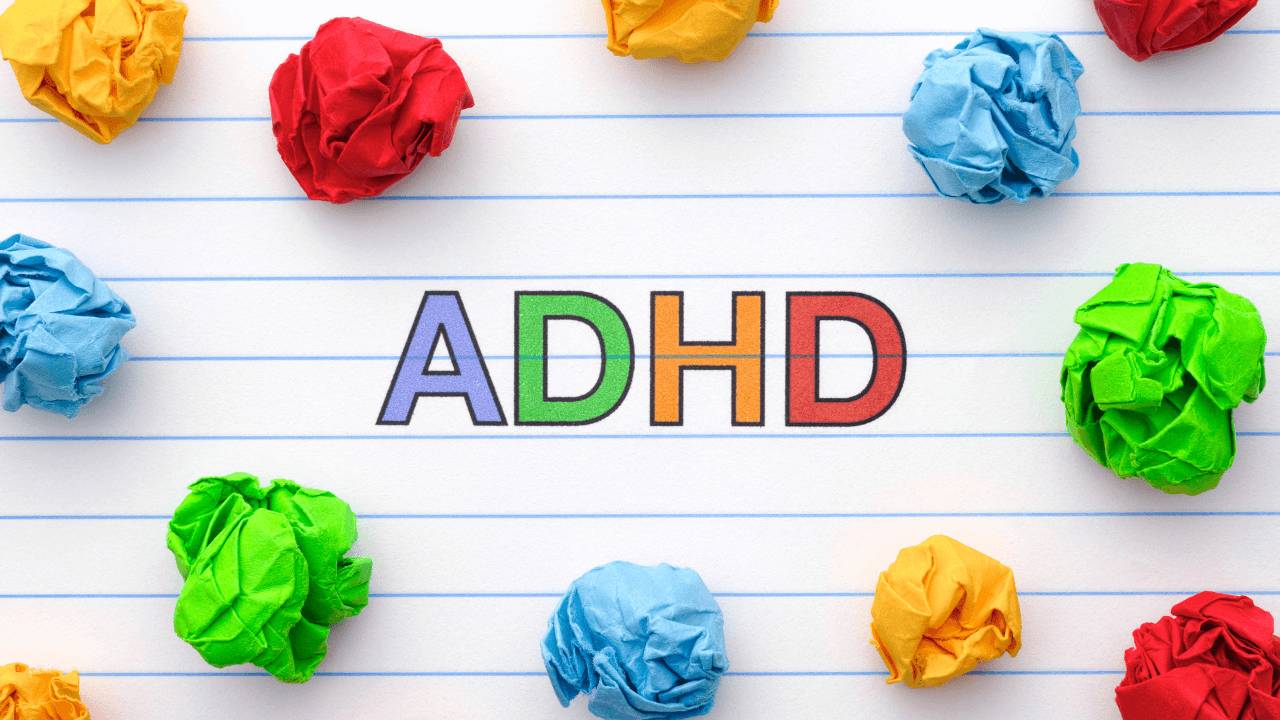The Impact of Meaningful Praise vs. Generic Praise in Your Childcare Center
Jul 11, 2024
In the busy and chaotic environment of a childcare center, praise is a powerful tool in shaping children's behavior and development. However, not all praise is created equal. Understanding the difference between meaningful praise and generic praise can significantly impact a child's executive function skills. Let's explore these differences and how they can improve the atmosphere and outcomes in your childcare center.
What is Meaningful Praise?
Meaningful praise, also known as specific or descriptive praise, focuses on the child's effort, actions, and specific behaviors. It provides clear feedback that helps children understand what they did well and encourages them to continue those behaviors.
Example of Meaningful Praise: "I noticed you shared your toys with your friends today. That was very kind and shows great cooperation!"
What is Generic Praise?
Generic praise, on the other hand, is broad and non-specific. While it can make children feel good in the moment, it often lacks the detailed feedback necessary for children to understand why they are being praised.
Example of Generic Praise: "Good job!" or "You're smart!"
Why Meaningful Praise Matters
- Enhances Understanding: Meaningful praise helps children understand the specific behaviors that are appreciated, reinforcing those actions and making them more likely to be repeated.
- Builds Self-Efficacy: By focusing on effort and strategies, meaningful praise helps children develop a growth mindset, believing that they can improve and succeed through hard work and persistence.
- Encourages Self-Reflection: Specific feedback encourages children to reflect on their actions and understand the impact of their behavior, fostering self-awareness and self-regulation.
- Boosts Executive Function Skills: Executive function skills, such as working memory, cognitive flexibility, and inhibitory control, are crucial for children's development. Meaningful praise helps in strengthening these skills by encouraging thoughtful actions and decision-making.
Implementing Meaningful Praise in Your Center
- Be Specific: Always describe what the child did well. Instead of saying, "Good job," say, "You did a great job putting all the blocks away after playtime."
- Focus on Effort: Highlight the effort the child put in rather than just the outcome. For instance, "I saw how hard you worked on that puzzle. You were very patient and didn’t give up!"
- Encourage Reflection: Ask children questions that prompt them to think about their actions. "How did you feel when you helped your friend?"
- Be Genuine: Ensure that your praise is sincere. Children can easily sense when praise is not genuine, which can diminish its effectiveness.
Case Study: Meaningful Praise Reduces Behavioral Issues and Improves Engagement
A center that joined Pozzi Kidz Academy, faced significant challenges with behavioral issues during transitions, such as moving from free play to structured activities. Children often became anxious and disruptive, leading to a stressful environment for both staff and kids.
In response, we implemented a meaningful praise strategy focused on these transition periods. Teachers began to specifically praise children for their smooth transitions, such as, "I noticed how quickly you put away your toys and got ready for story time. That helps everyone have more fun and learn together."
Within a few weeks, we observed remarkable changes:
- Reduced Behavioral Outbursts: Incidents of disruptive behavior during transitions were cut in half. Children understood what behaviors were expected and felt motivated to meet those expectations.
- Increased Engagement: Children were more engaged in activities because they received positive reinforcement for specific actions. This also encouraged them to participate more actively and attentively.
- Improved Staff Morale: Staff reported feeling less stressed and more supported in their efforts to manage classroom behavior, creating a more positive work environment.
By addressing these common pain points through meaningful praise, we not only improved children's behavior and engagement but also enhanced the overall atmosphere of our center.
The difference between meaningful praise and generic praise may seem subtle, but its impact on children's development is profound. By incorporating specific, effort-focused praise into your childcare center, you can help children build stronger executive function skills, enhancing their ability to manage their thoughts, actions, and emotions effectively. This approach not only fosters a positive and supportive environment but also sets children on a path to success, as executive function skills are the strongest predictor of future achievement.




